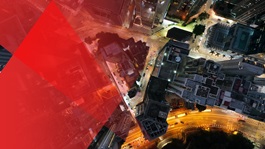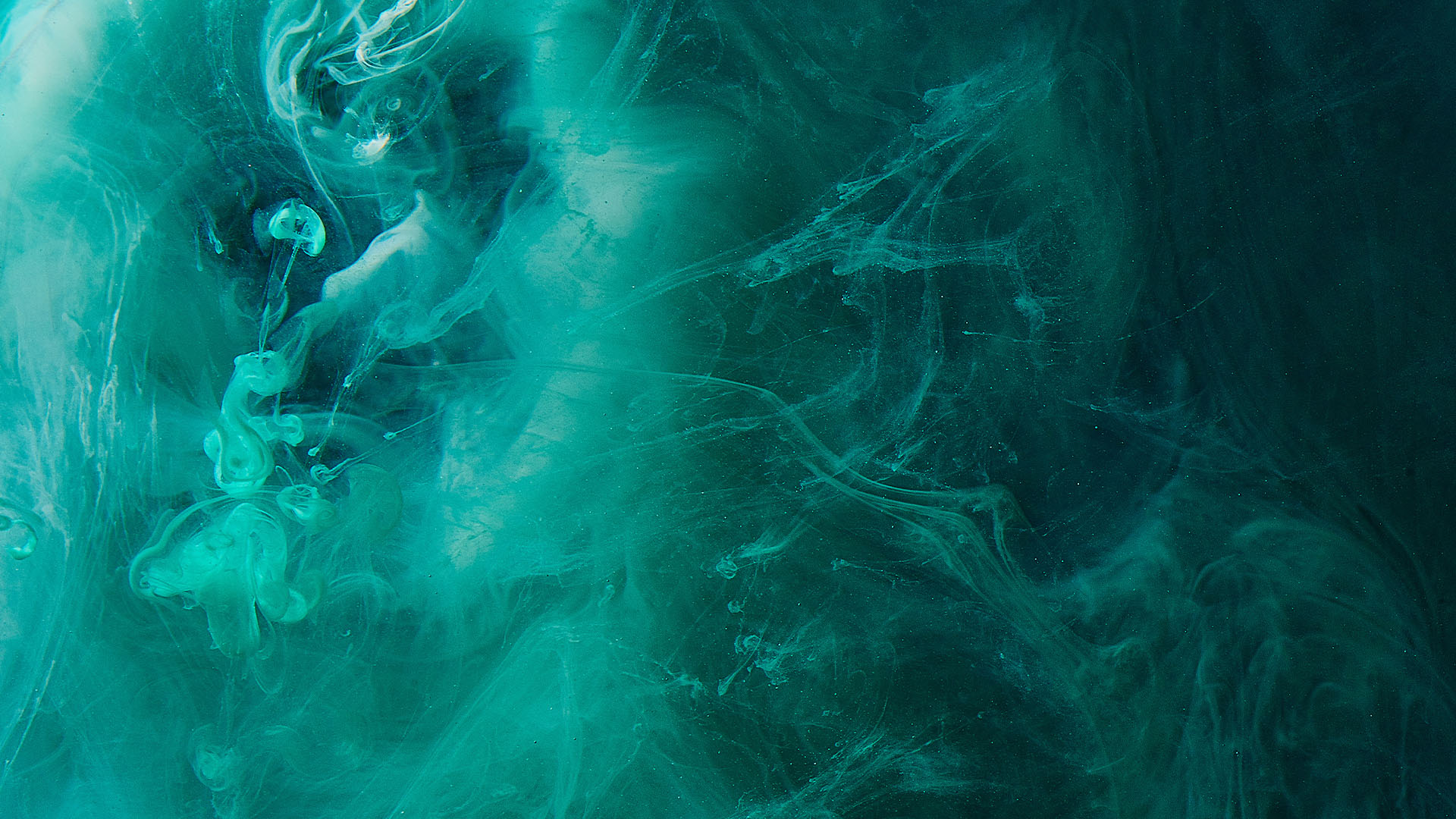
Publication
Navigating the IPO
Taking your company public is an important milestone, and whilst the landscape for IPOs is complex and dynamic, choosing the right path is essential.


Australia | Publication | September 2022
Back in 2019, we reported on the outcomes of two separate intellectual property infringement cases brought against global online marketplace Redbubble, one by Pokémon Company International and another by Hells Angels Motorcycle Corporation. Redbubble is a print-on-demand marketplace which allows users to submit images and customers to order a wide range of customised products including t-shirts, coasters, prints, stickers and – in a sign of the times – facemasks, bearing these images, which are then prepared by a third party manufacturer and shipped out to customers.
Although Redbubble was found to infringe Pokémon’s copyright and Hells Angels’ trade marks in those earlier cases, only nominal damages of $1 and $5,000 respectively were awarded. And while the appeal and cross-appeal of the Pokémon decision were both quietly discontinued in December 2019, the Hells Angels dispute raged on.
In December 2020, apparently unperturbed by its limited financial success in the earlier proceedings, Hells Angels filed fresh proceedings against Redbubble, alleging fresh instances of infringement of the same trade marks asserted in the earlier proceedings. And this time, in a judgment handed down by Justice Greenwood earlier this year, they got more bang for their buck.
Redbubble promptly appealed the decision to the Full Federal Court, and sought orders staying the injunctions, damages awards and costs orders, among other things. In the meantime, Hells Angels sought orders that Redbubble be punished for contempt of the injunctions. These twin issues have now also recently been determined by Justice Derrington, as discussed further below.
In this article, we explore the factual background of the current proceedings and why this decision (should it be upheld on appeal) is potentially consequential for Redbubble and also for other online marketplaces operating with similar business models.
The trade marks in suit (which are owned by the US Hells Angels entity and used under authorisation by the Australian entity) contain the words HELLS ANGELS and/or the iconic winged ‘death head’ logo of the motorcycle club. The registrations cover a range of goods including, relevantly, printed material and other stationery, as well as clothing and accessories.
The proceedings were originally brought in respect of seven examples of allegedly infringing conduct that took place during the course of 2020, when representatives for Hells Angels conducted keyword searches on Redbubble and identified a number of user-submitted images which they asserted were substantially identical or deceptively similar to their registered trade marks. The Hells Angels representatives then made a number of ‘trap purchases’ of products bearing these images such as t-shirts, coasters, stickers, facemasks and acrylic blocks.
The matter was heard in July 2021, but before judgment was handed down, Hells Angels representatives identified four further examples of allegedly infringing images. Somewhat unusually, they were granted leave to reopen the case for a further hearing in April 2022 to address these additional examples.
In large part, the factual substrata of the case was not in dispute. Redbubble essentially accepted the principles flowing from the adverse 2019 decision, including that trade mark infringement will be made out:
As such, Redbubble accepted that a trader operating a website as described in the 2019 judgment (which was essentially unchanged, aside from improvements to its moderation, as discussed below) would engage in trade mark infringement if the images uploaded were relevantly similar to the trade mark registration in question and the goods onto which those images could be or were applied were covered by that registration, subject to the following qualifying caveat: “unless the image was placed on the website by, or with the authority (express, implied or ostensible) of the trade mark owner”.2
This caveat was relevant to an interesting defence relied upon by Redbubble, that the allegedly infringing conduct was engaged in with the licence of Hells Angels, because any pleaded conduct by Redbubble was essentially “prompted” by actions taken by individuals acting under the authority of Hells Angels.3 Redbubble argued that the goods in question bearing the impugned signs were purchased by representatives of Hells Angels as ‘trap purchases’ for the purpose of establishing trade mark infringement.4 Perhaps unsurprisingly, Greenwood J did not look favourably upon this line of argument, noting that trap purchases are a commonly used and often necessary means of demonstrating and documenting the allegedly infringing conduct of the respondent for the purpose of establishing infringement.5
Redbubble also argued that Hells Angels had adopted a deliberate strategy of not informing it of the alleged infringements, when if it had done so, Redbubble would have been able to remove them from the website.6 Again, this line of argument was not appealing to his Honour in determining what relief to award, as discussed further below.
Greenwood J accepted that Redbubble had taken certain steps following the 2019 judgment to improve its detection and moderation systems so as to reduce the likelihood of infringing images appearing on its website. However, he observed that the improvements were plainly still insufficient to promptly detect and remove all infringing material, given that the Hells Angels’ representatives were able to search for and locate a number of instances of such material and make purchases of products bearing the impugned images. The fact that these representatives may have been specifically seeking out the images in question or that, in the case of some images, they were identified and removed by Redbubble relatively quickly, was not a complete answer to Redbubble’s otherwise infringing conduct.7
Greenwood J did not accept that a party otherwise establishing infringing conduct should be denied a remedy on the basis that it ought to be required to draw the infringing conduct to the infringer’s attention so that it can be addressed.8 Rather, “the applicant is entitled to expect Redbubble not to engage in the conduct”.9 As such, he was satisfied that an injunction ought to be granted.10
Turning to the question of damages, Greenwood J acknowledged the difficulty in quantifying the financial damage suffered by Hells Angels as a result of Redbubble’s infringing conduct, particularly in circumstances where the rights owner would not have exploited the trade marks in suit except within the limits of the rights conferred upon Hells Angels members, consistent with its ethos and culture.11 This difficulty was exacerbated by the fact that no evidence of the hypothetical licence fee (based on the hypothetical construct of the willing but not eager seller and willing but not eager buyer) was put before the Court.12 Ultimately, in respect of the 11 instances of trade mark infringement made out, Greenwood J assessed damages on the “largely nominal basis” of $8,250 in total.13
More notable though was Greenwood J’s analysis of the question of additional damages. Despite recognising that Redbubble had not acted in “callous disregard” for Hells Angels’ rights and accepting that some steps had been taken to adopt procedures to identify infringing material, he noted that (emphasis in original):
“the fact is that its business model enables the conduct. Redbubble seeks to address the conduct within the limits of its business model, but its business model brings about the conduct the subject of this proceeding. The applicant […] is entitled to expect and have Redbubble act according to law.”14
He continued:
“Redbubble is not entitled to proceed on the basis that because its business model involves the management of a large digital platform, unfortunately, from time to time, infringements of the rights of others will occur and it will seek to proactively manage and moderate that circumstance as best it can according to the programs it puts in place from time to time. Redbubble has an obligation to act according to law and observe the rights conferred on others.”15
Greenwood J had specific regard to the fact that the infringing conduct had occurred following the earlier 2019 finding of trade mark infringement in respect of very similar conduct, which (perhaps in view of the minimal damages awarded) plainly had not had the desired deterrent effect. He assessed additional damages in the order of $70,000, in addition to the compensatory damages discussed above and Hells Angels’ costs of the proceedings.16
As noted above, Redbubble sought to appeal the decision, and in the interim sought orders that the injunctions, damages and costs orders be stayed pending the determination of the appeal.17 At the same time, Hells Angels argued Redbubble ought to be punished for contempt of the injunctions as it had discovered yet further allegedly infringing images on the Redbubble website since the injunction was ordered.18
The approach taken by Derrington J in dealing with these issues (Greenwood J having retired the day he handed down his own decision) was, interestingly, quite different to Greenwood J, and hinted at the potential for the substantive decision to be overturned on appeal.19 Derrington J was content to stay the damages and costs awards pending the outcome of the appeal.20 He was also content to make an interim injunction in different and much narrower terms to the original broad injunctive relief, which effectively dealt with the contempt claim.
The revised orders now specify the exact images Redbubble be restrained from using, and further specify that there will be no breach if Redbubble continues to maintain its existing proactive moderation protocols and removes any images identified as a result of those protocols or otherwise alerted by Hells Angels.21 According to Derrington J, this narrow injunction will simply serve to preserve the current status quo pending the outcome of the appeal.22
Although the additional damages award is by no measure so large as to cripple Redbubble, if it is ultimately upheld on appeal, it will nevertheless be significant in that instances of infringement should no longer be seen merely as “a cost of doing business”.23
If upheld, the award should also send a strong message to other businesses operating similar models to Redbubble’s, that merely having proactive moderation protocols in place will not be sufficient to avoid potentially significant financial liability, unless those protocols are actually successful in preventing infringing conduct.

Publication
Taking your company public is an important milestone, and whilst the landscape for IPOs is complex and dynamic, choosing the right path is essential.

Publication
On 10 July 2025, the UK government published its Review of Electricity Market Arrangements (REMA) Summer Update, which sets out the long-awaited outcome of the REMA programme and next steps towards a decarbonised, affordable, secure and efficient electricity market.
Subscribe and stay up to date with the latest legal news, information and events . . .
© Norton Rose Fulbright LLP 2025